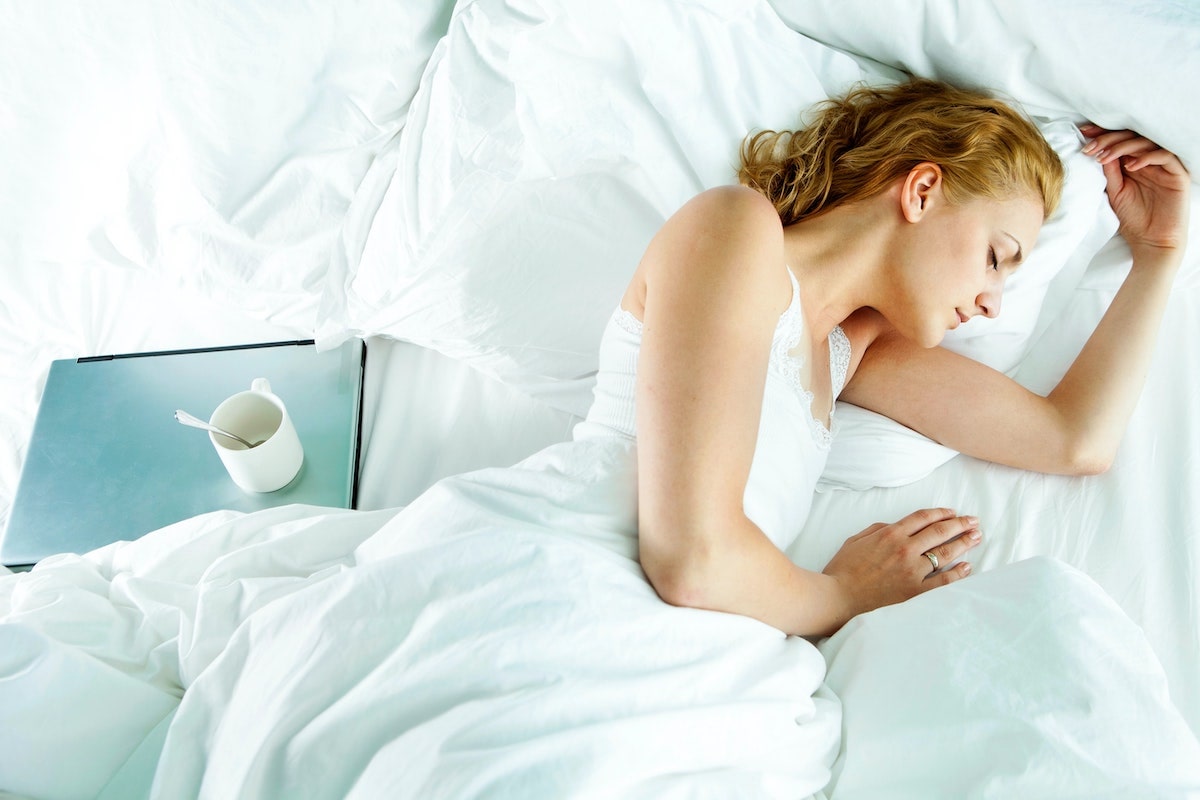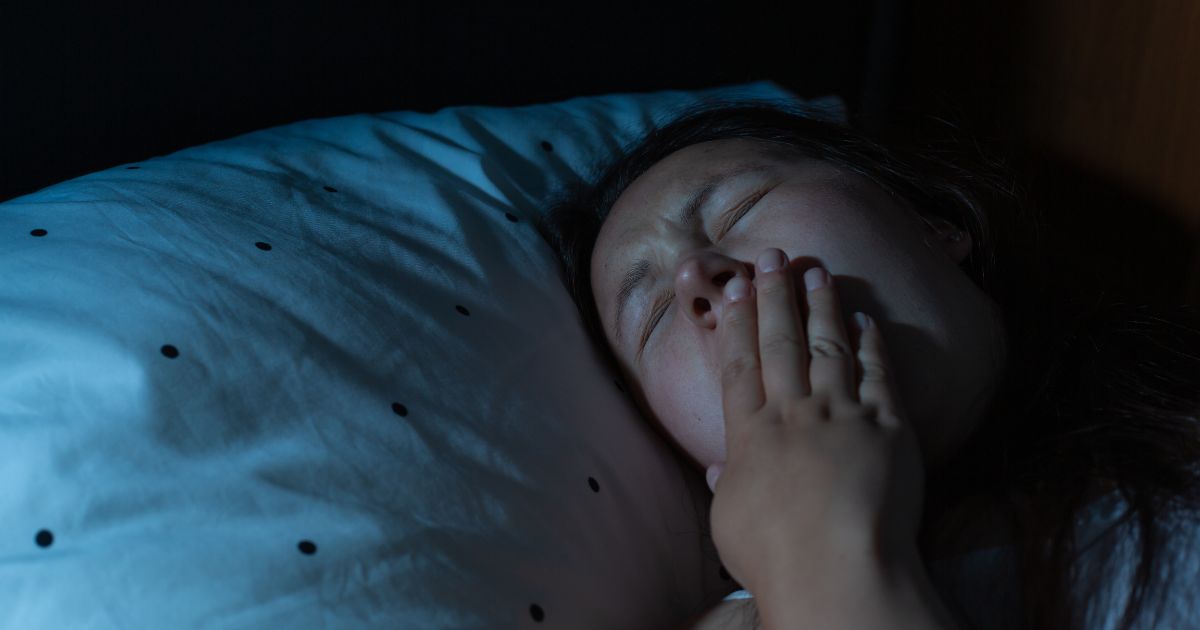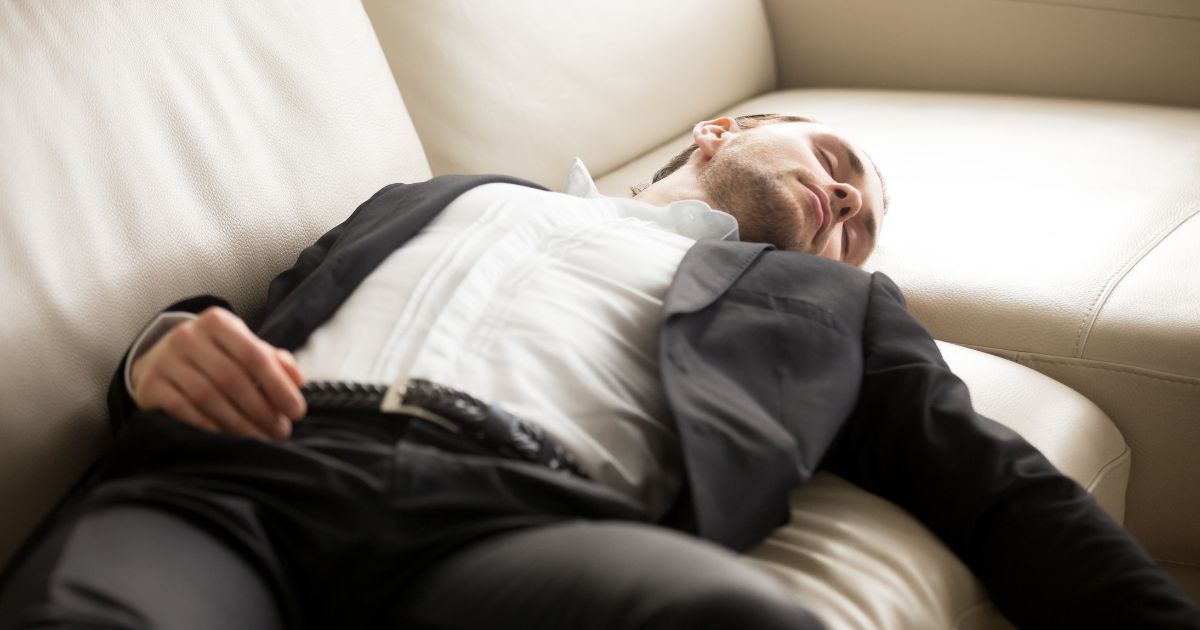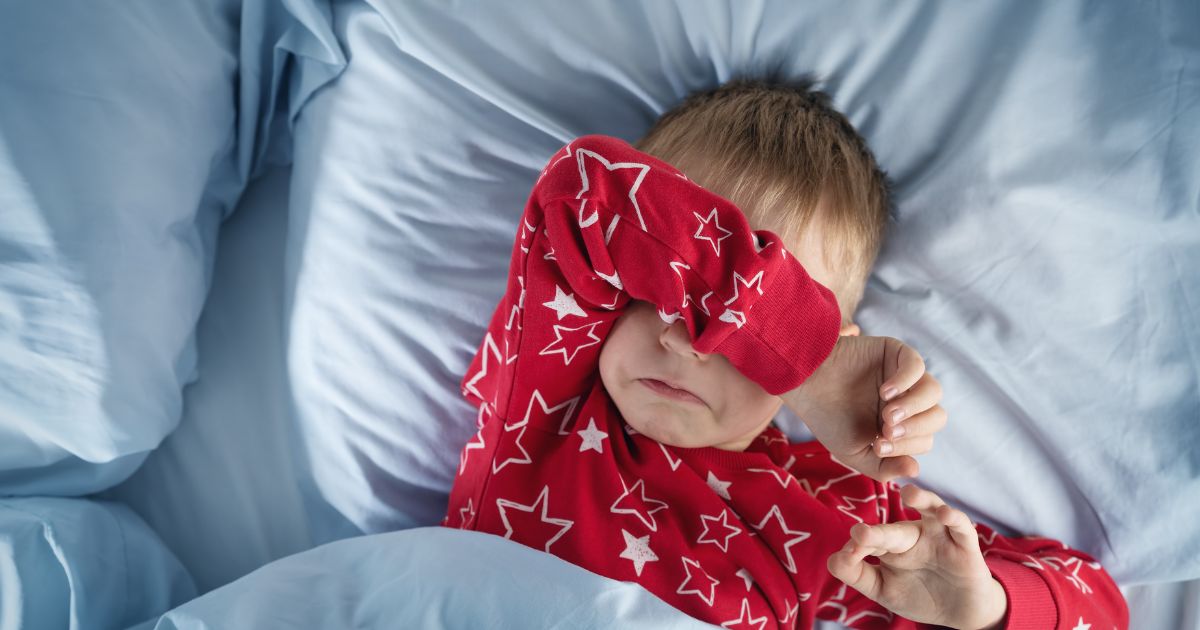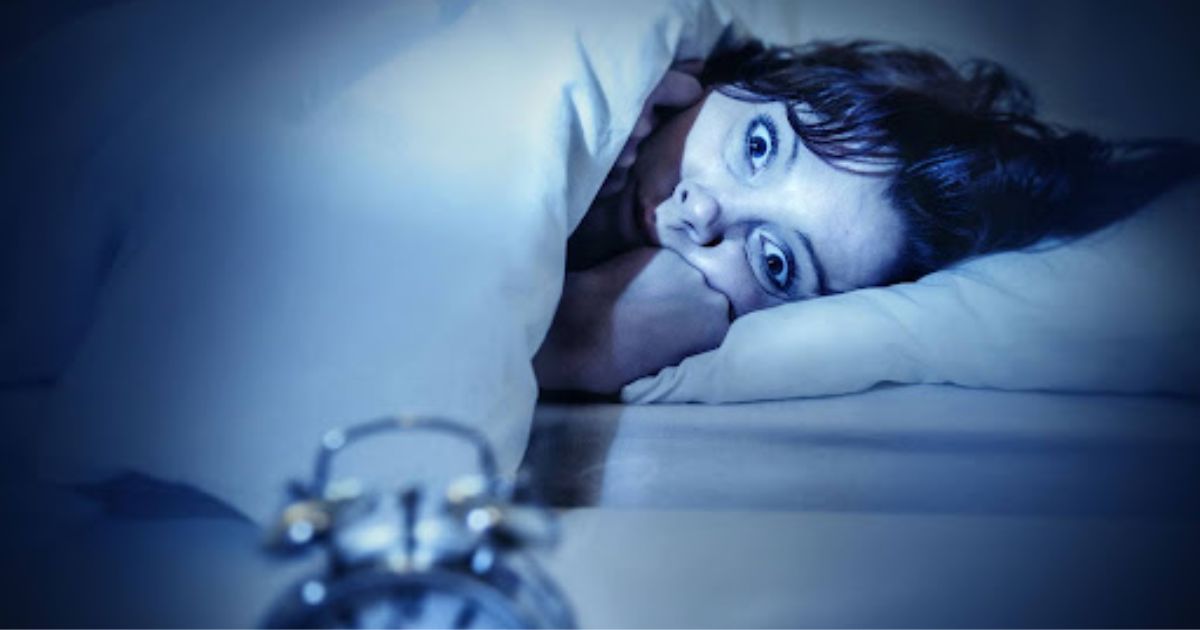Many people dream of going to bed after a tiring day and drifting off to sleep, but the unfortunate reality is that most experience anything but sweet dreams. Quality sleep is essential to your health as it offers the time where your body and mind can rest and replenish its energy. By getting less than seven to eight hours of sleep, your ability to function to your full potential is compromised.
With that in mind, sleep apnea and insomnia are common sleeping disorders that have caused millions of people to toss and turn at night. Many often interchange the two, but knowing the difference should help you understand the right treatment options for your sleep disorder.
What Is Insomnia?
By definition from the Academy of Sleep Science, insomnia refers to the difficulty of arriving at sleep, maintaining sleep, or the experience of poor quality sleep occurring nightly. The sleep initiation, duration, and consolidation are all compromised despite having the optimal environment for sleep, and when left untreated, it can lead to daytime impairment.
What Are the Signs of Insomnia?
Some of the tell-tale signs of insomnia include difficulty falling asleep, high frequency of waking up in the middle of the night and failing to fall back to sleep.
What Causes Insomnia?
Insomnia is a broad term that can fall under larger categories of sleep disorders, but looking closer at its roots, it is primarily caused by either physical or psychological issues. Problems like hormonal imbalances, anxiety, menopause, or anxiety can lead to insomnia, along with the excessive consumption of caffeine, nicotine, alcohol, and other over-the-counter drugs. Prescription medications and chronic medical problems may also be the culprit.
What Is Sleep Apnea?
While insomnia is a condition that makes sleeping challenging to achieve or maintain, sleep apnea refers to a sleep-related breathing disorder (SRBD) that is defined by the repetitive, frequent interruptions of airflow while the person is asleep.
What Are the Signs of Sleep Apnea?
This brief disruption causes the brain to wake enough to resume breathing, though it doesn’t necessarily jolt the sleeper awake in some cases. Instead, repeated suffications with low oxygen, morning headaches, dry mouth when waking up, and plenty of trips going to the bathroom in between your sleeping hours. The recurrent brain arousals leave the person exhausted in the morning from poor sleep quality.
What Causes Sleep Apnea?
When it comes to digging behind the problematic roots of sleep apnea, it is a condition that is entirely caused by physical factors. Sleep apnea happens when a part of the soft palate collapses when you’re sleeping, which blocks the airflow.
The narrow airway is often a result of excess tissue, enlarged tonsils, or a large uvula, which is often the case for obstructive sleep apnea. The main cause of obstructive sleep apnea is obesity. Central sleep apnea, on the other hand, occurs when the brain fails to control the muscles in your air passage, which leads to disrupted airflow.
Sleep Apnea vs. Insomnia: Why Is Knowing the Difference Important?
The differences between sleep apnea and insomnia are distinct enough, mainly since insomnia refers to difficulty sleeping. The latter is characterized by loud snoring, choking, or gasping tendencies during your sleep. It is important to note that obstructive sleep apnea may cause recurrent awakenings from the repeated brain arousals and shallow sleep and hence also be a cause of insomnia
Either way, both sleep disorders can hurt your health as it can lower your functionality, increase chances of depression, cause headaches, and even promote weight gain.
In a fast-paced lifestyle and an era of high-stress work, getting a good night’s sleep is more of a necessity than people realize. If you want to know more about the differences between the two sleep disorders and get a proper diagnosis, then it’s best to go to a doctor as soon as you start noticing either symptom.
If you’re looking for a sleep clinic in Jacksonville, FL, to get quality sleep apnea tests, Jacksonville Sleep Center is your best option! Contact us today to see how we can help.

